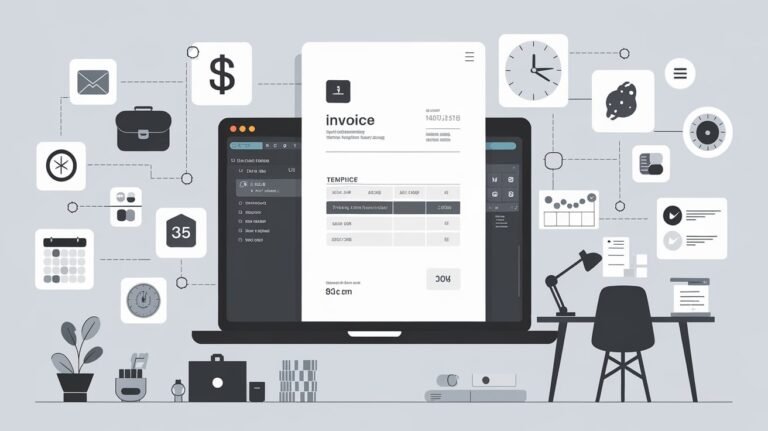Starting Your Own Trucking Business: A Comprehensive Guide
The trucking industry continues to be a vital component of the global economy, with demand for goods transportation remaining consistently high. If you’re considering entering this lucrative field, starting your own trucking business can be an exciting and rewarding venture. However, like any business endeavor, it requires careful planning and execution. This article outlines key steps to help you launch your trucking company successfully truckstaff.us/services/trucking-business/.
1. Develop a Solid Business Plan
Begin by creating a comprehensive business plan that outlines your company’s vision, goals, and strategies. Include sections on your company description, market analysis, operations plan, sales and marketing strategies, and financial projections. A well-crafted business plan will serve as your roadmap and can be crucial when seeking financing or partners.
2. Obtain Necessary Licenses and Permits
Ensure you have a Commercial Driver’s License (CDL) and acquire your trucking authority from the Federal Motor Carrier Safety Administration (FMCSA). You’ll also need to register for various permits and licenses, including DOT number, IFTA stickers, UCR permit, and IRP plates.
3. Choose Your Business Structure
Decide on the most suitable business structure for your company, such as sole proprietorship, partnership, LLC, or corporation. Each type has different tax implications and liability protections, so consult with a tax professional to make an informed decision.
4. Secure Financing
Starting a trucking business requires significant capital. Explore various financing options, including bank loans, credit unions, or investors. Be prepared to present your business plan and financial projections when seeking funding.
5. Purchase or Lease Trucks
Carefully consider whether to buy or lease your trucks. Leasing options include operator leases, lease-purchase agreements, and Terminal Rental Adjustment Clause (TRAC) leases. Each option has its pros and cons, so evaluate them based on your financial situation and business goals.
6. Obtain Proper Insurance
Protect your business with adequate insurance coverage. This typically includes cargo insurance, physical damage insurance, and commercial liability insurance. Shop around for the best rates and coverage options.
7. Hire Qualified Staff
Recruit experienced and reliable drivers by thoroughly vetting their driving records and work history. Additionally, consider hiring staff for key departments such as safety, accounting, and dispatch to ensure smooth operations.
8. Implement Efficient Systems
Invest in quality management software to handle dispatching, accounting, and compliance tasks. Efficient systems will help you stay organized and compliant with industry regulations.
9. Build a Strong Client Base
Focus on developing relationships with potential clients and freight brokers. Consider specializing in specific types of cargo or routes to differentiate your business in the market.
10. Stay Compliant with Regulations
Keep up-to-date with industry regulations and ensure your business remains compliant. This includes maintaining proper documentation, adhering to hours-of-service rules, and conducting regular vehicle maintenance.
11. Plan for Growth
As your business grows, continually reassess your goals and strategies. Be prepared to expand your fleet, hire additional staff, and possibly diversify your services to meet market demands.
Starting a trucking business requires dedication, hard work, and careful planning. By following these steps and staying committed to excellence in service, you can build a successful and profitable trucking company in this essential industry.







